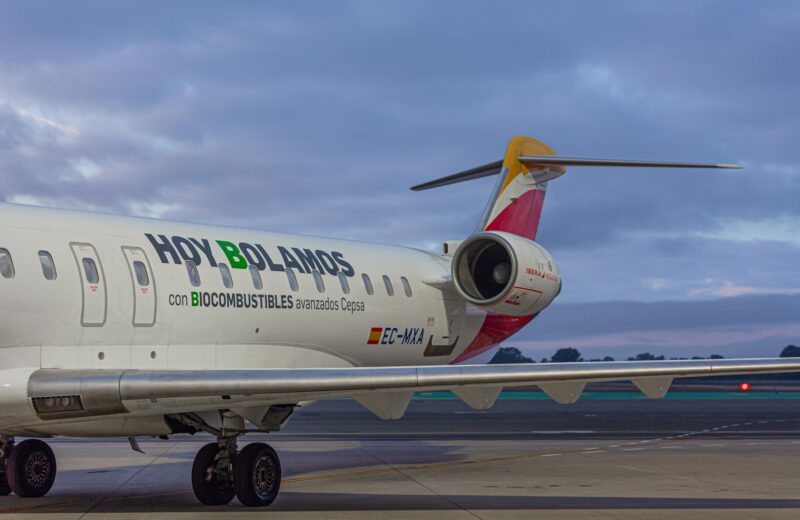Spain’s Cepsa to expand SAF supply to five airports

Spanish energy company Cepsa announced that it has begun marketing sustainable aviation fuel (SAF) at Malaga airport expanding its supply of green fuel after it began supplying at four main Spanish airports including Madrid, Barcelona, Palma de Mallorca and Seville in July earlier this year.
“We continue to take new steps to make aviation more sustainable and help airlines advance their decarbonization goals. Cepsa is being a pioneer in promoting energies that will be key in the coming years and that can turn Spain into the largest European SAF hub. After becoming the first company to continuously offer this renewable fuel to our customers in the airline sector at the main Spanish airports, we now add a key point for national and international connections such as Malaga,” said Álvaro Macarro, director of sustainable aviation, Cepsa.
Together, 160m passengers pass through these five locations throughout the year, accounting for around 60% of the country’s passenger air traffic.
Just a year ago, Cepsa was a pioneer in supplying SAF to more than 200 flights at Seville Airport.
Cepsa has alliances with Iberia, Iberia Express, Air Europa, Vueling, Air Nostrum, Binter, TUI, Wizz Air and Volotea, among others to jointly promote the sustainability of the aviation sector.
Cepsa produces SAF at its La Rábida Energy Park (Huelva) from organic waste, such as used cooking oils or agricultural waste, among others.
To guarantee the supply of SAF to its customers, Cepsa plans to develop the largest second-generation biofuels plant in southern Europe, together with Bio-Oils, through an investment of up to €1bn.
This facility, which will be commissioned in 2026 in Palos de la Frontera (Huelva), will have a flexible production capacity of 500,000 tonnes of SAF and renewable diesel.
As part of its Positive Motion strategy, Cepsa aims to lead the production of SAF in Spain and Portugal, with an annual production capacity of 800,000 tons by 2030.
